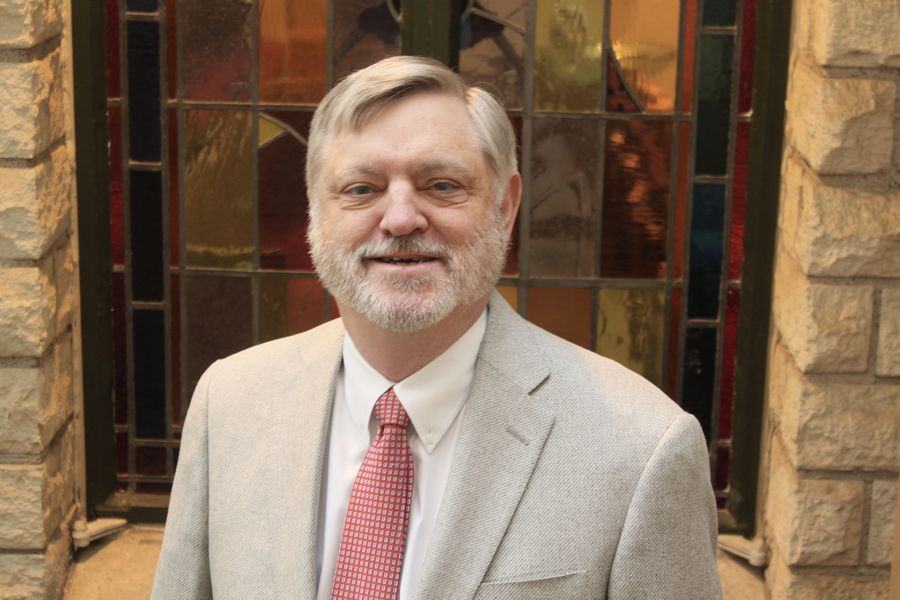For the season of Lent, I’ve been reading the book of Ecclesiastes. No one knows who actually wrote it. My Old Testament professor said it was a burned-out preacher. We don’t even know how it got into the cannon of Scripture. It doesn’t contain the usual themes of sin and redemption, and some scholars suggest it is full of doubt and skepticism. To be sure it raises some truths that require careful discernment.
There is a time for everything, and a season for every activity under the heavens:
a time to be born and a time to die, a time to plant and a time to uproot,
a time to kill and a time to heal, a time to tear down and a time to build,
a time to weep and a time to laugh, a time to mourn and a time to dance,
a time to scatter stones and a time to gather them, a time to embrace and a time to refrain from embracing,
a time to search and a time to give up, a time to keep and a time to throw away,
a time to tear and a time to mend, a time to be silent and a time to speak,
a time to love and a time to hate, a time for war and a time for peace.
What do workers gain from their toil?
I have seen the burden God has laid on the human race.
He has made everything beautiful in its time. He has also set eternity in the human heart; yet no one can fathom what God has done from beginning to end.
I know that there is nothing better for people than to be happy and to do good while they live.
That each of them may eat and drink and find satisfaction in all their toil ─ this is the gift of God.
Discernment may be the most difficult challenge for individuals, a church, a presbytery, or a nation. It is a process that may take moments or 40 years in the wilderness to complete. A discernment process for an individual is difficult enough, but group discernment is a very complicated process. It requires multiple people to reach a common or agreed decision in order to move forward. Group discernment requires discussion and persuasion between individuals to arrive at a decision. I know this is true because I read it on Wikipedia.
So how do we, as members of Grace Presbytery, discern the mission and ministry of our presbytery? It’s not easy when you have 300 plus ministers, and it’s four hours and 20 minutes from Texarkana to Stephenville and three hours and 30 minutes from Sherman to Rockdale ─ with 130 churches spread in the middle. And everybody has an opinion.
Let me briefly suggest a couple of ideas.
What if we started experimenting with different ways of “doing” presbytery meetings? Our stated clerk, Gerry Tyer, recently observed that we try to perform four functions at every presbytery meeting. We worship, address business, host fellowship, and include information sharing.
At a meeting of new pastors in the presbytery last week, as well as during our staff meeting, we talked abut the possibility of moving our presbytery meetings into the 21st Century. There were a lot of suggestions offered such as: an overnight meeting once a year, a yearly regional meeting, and/or focusing on one of these four functions at each quarterly meeting. There is no consensus yet, but the conversation is continuing and growing.
Another area of discernment is figuring out how we can we tear down the walls and barriers that keep us from coming together in regions of the presbytery. The ultimate goal is to support and resource one another. We say we are connectional, but are we really?
What if one of you took the initiative to invite teaching elders in your area to lunch and host an hour of conversation discerning how your region can better share resources and the gifts that God has given you? This is a conversation not focused on money nor people in the pews. The early Christians had little money and no pews, and they changed the world through preaching the gospel, mission, and ministry.
Remember what Paul said to the Philippians. “I thank my God in all my remembrance of you, always in every prayer of mine for you all, making my prayer with joy, thankful for your partnership in the gospel from the first day until now. And it is my prayer that your love may abound more and more with knowledge and all discernment so that you may approve what is excellent, and may be pure and blameless for the day of Christ.”
The work of discernment always carries with it an element of change, and we all know how some of us feel about change. But one of the most remarkable gifts God has given us is the ability to adapt. Hence the phrase, “adaptive change,” which is at the heart of the Gospel.
My prayer is that the Holy Spirit may surround us as we move forward holding fast to our faith and history, while reaching out for new wineskins.
Peace,
Mike

